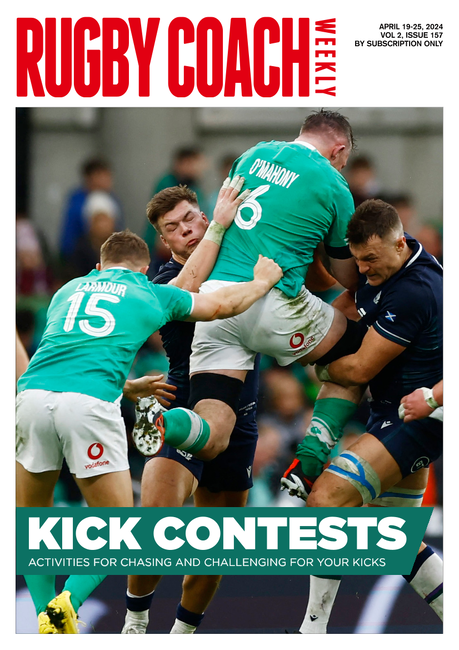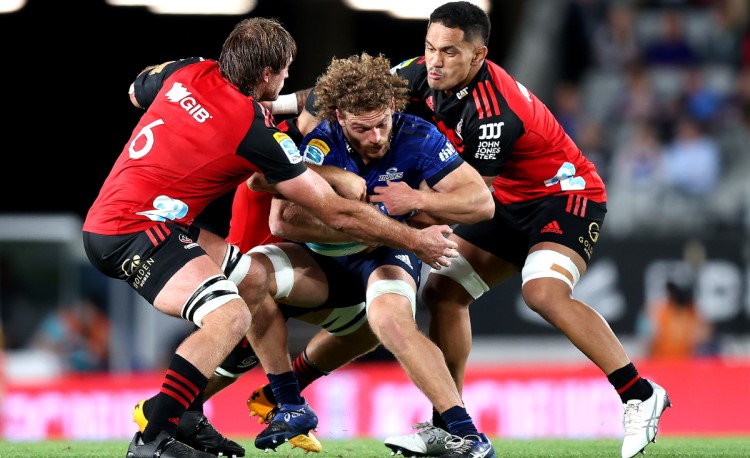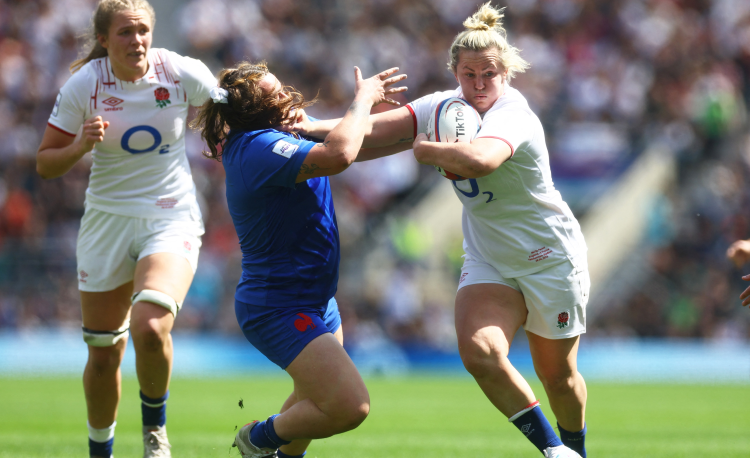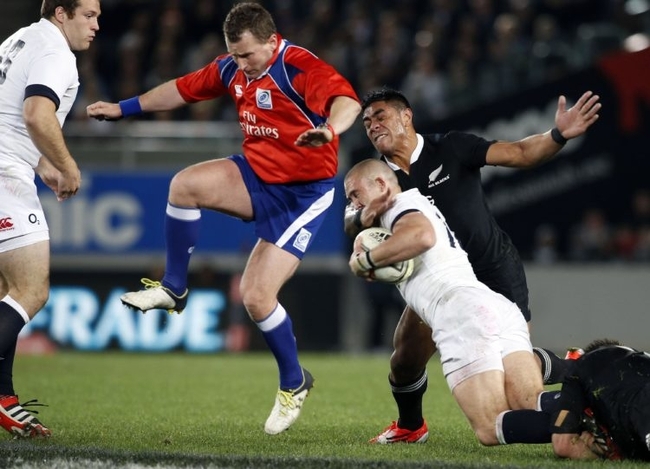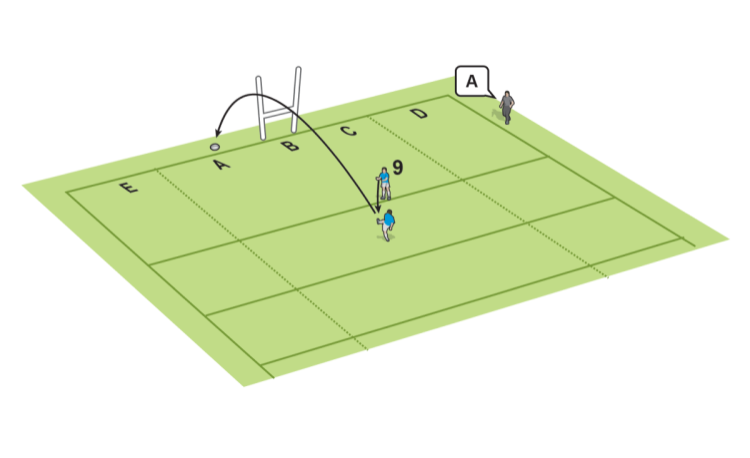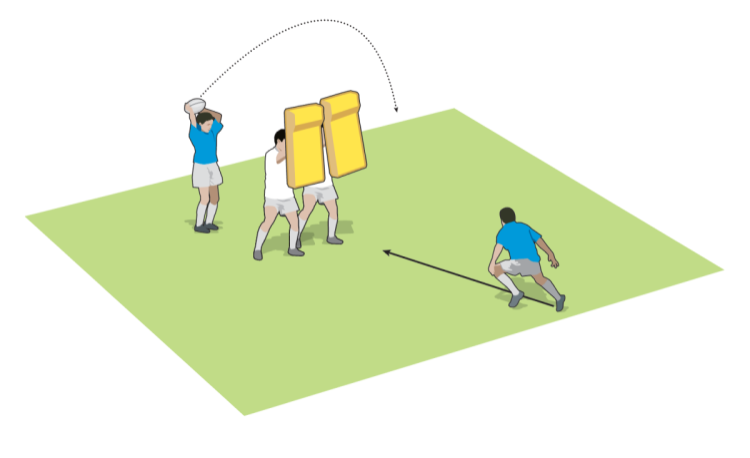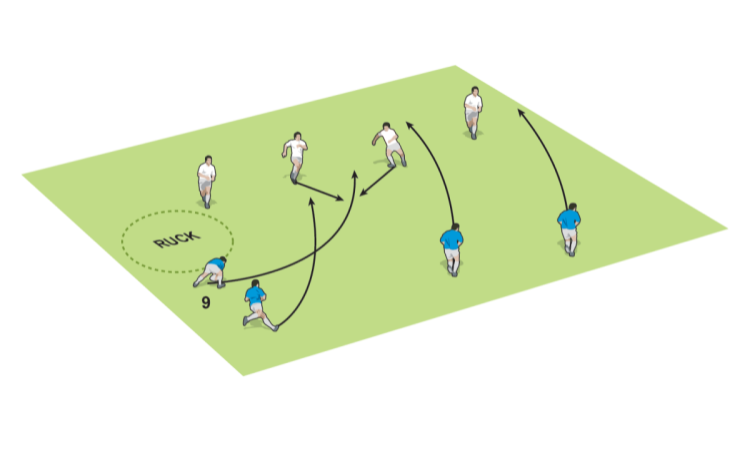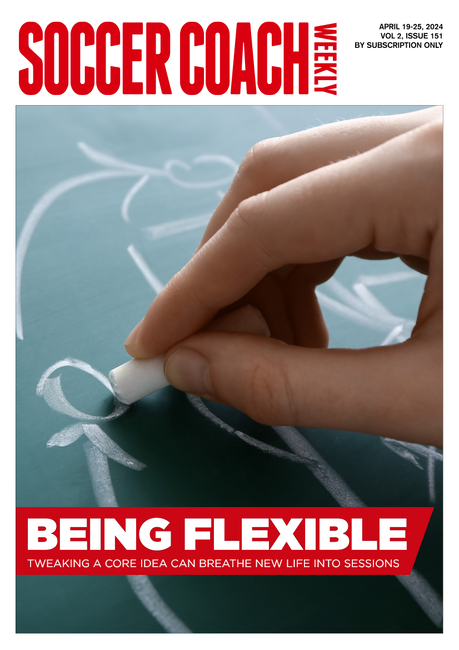You are viewing
1 of your 2 free articles
Touchline tales returns while others are leaving the game
It's not that I've been short of topics. But I felt it was high time to start chatting about some of the issues of the day.

Christian Wade squeezes through three defenders
Chris told me that it had been a big week for players leaving rugby for pastures new. Not only had Christian Wade, the former Wasps and sometimes England winger, turned his attention to NFL, but Chris's U16s team captain had decided to put his efforts into boxing.
And then Matt Dawson, England's World Cup winning scrum half posts this on Twitter...
I’d love to say I remember it well but he knocked me in to the next day.... I played on for 10/15 mins calling all my club moves... unfortunately I do fear there’ll be plenty of consequences in the long term for me. #brutalgame #notformykids https://t.co/qRhRoX3mPI
— Matt Dawson (@matt9dawson) October 31, 2018
The perpetrator of the tackle was Corne Krige, the South African skipper on the day. I was at the match. It was the most brutal game of rugby I've ever seen. Krige has since apologised for his behaviour. But Dawson still says: #brutalgame and #notformykids.
I don't think rugby is as violent as this anymore. It is certainly a tough game with plenty of chances for injury. But, is it still a game for all shapes and sizes? Christian Wade is a diminutive, yet effective winger. He has scored many outstanding tries. It's also perceived that he's too small for the international stage, and hence he's decided to go to another sport for more recognition.
I think the focus on size is very much something at the top end of the game. However, it does drive some very muddle-headed thinking at lower levels. Especially at academies and the surrounding feeder clubs, strength and conditioning plays a big part in the weekly routine. So, if that's say two to three hours a week on pure conditioning, that's two to three hours a week where the player is not playing this sport or indeed any other sport.
Okay, the players need to be fit and strong. However, I keep hearing about players who are doing an hour's work at the gym before they go to school. In my mind, that's disruptive for the child, and for the families who want to support them.
One of the major reasons that children drop out of sport is that they are bored. They want to spend more time "hanging out". Or they just want some variety. I know plenty of coaches who've been with their teams since the U6s. By the time they are U13s, that seven years of Sunday mornings in the winter. Who doesn't mind a lie on a Sunday once in a while?
If players spent a little less time in the gym, then it wouldn't be about size. The collisions would less impactful. There will still be a few mad folk about, like the Springbok captain back in the day. But, given that, how about shorter seasons and a month off from the game in the middle of the season. Just train to play a couple of times a week and only once if you are under 13.
I don't think it will catch on. I do think more players, and coaches, will leave the sport though.
Newsletter Sign Up
Coaches Testimonials

Gerald Kearney, Downtown Las Vegas Soccer Club

Paul Butler, Florida, USA

Rick Shields, Springboro, USA

Tony Green, Pierrefonds Titans, Quebec, Canada
Subscribe Today
Be a more effective, more successful rugby coach
In a recent survey 89% of subscribers said Rugby Coach Weekly makes them more confident, 91% said Rugby Coach Weekly makes them a more effective coach and 93% said Rugby Coach Weekly makes them more inspired.
Get Weekly Inspiration
All the latest techniques and approaches
Rugby Coach Weekly offers proven and easy to use rugby drills, coaching sessions, practice plans, small-sided games, warm-ups, training tips and advice.
We've been at the cutting edge of rugby coaching since we launched in 2005, creating resources for the grassroots youth coach, following best practice from around the world and insights from the professional game.


